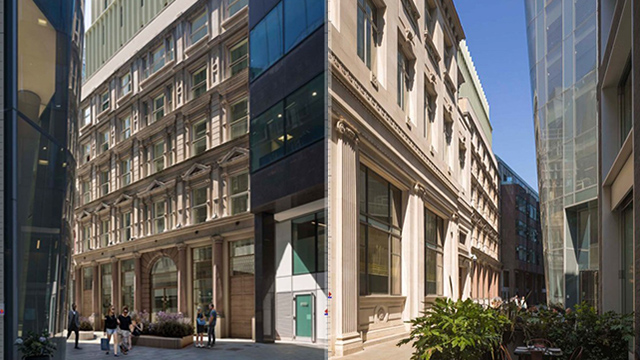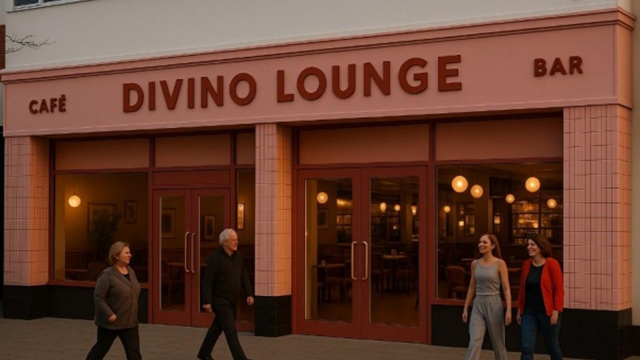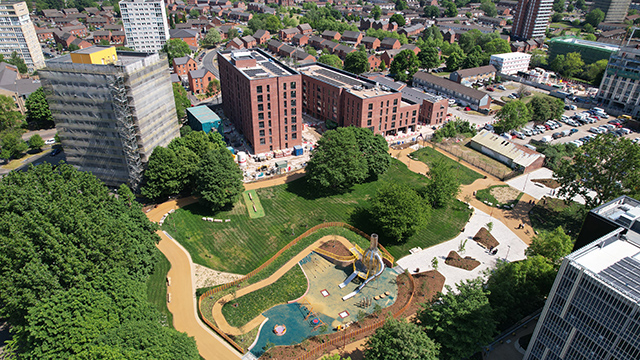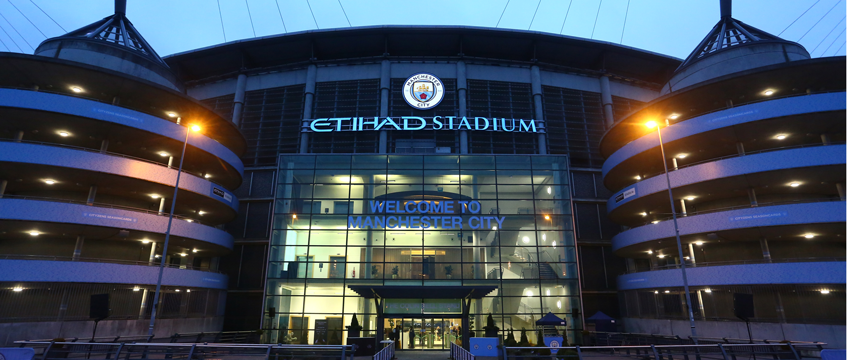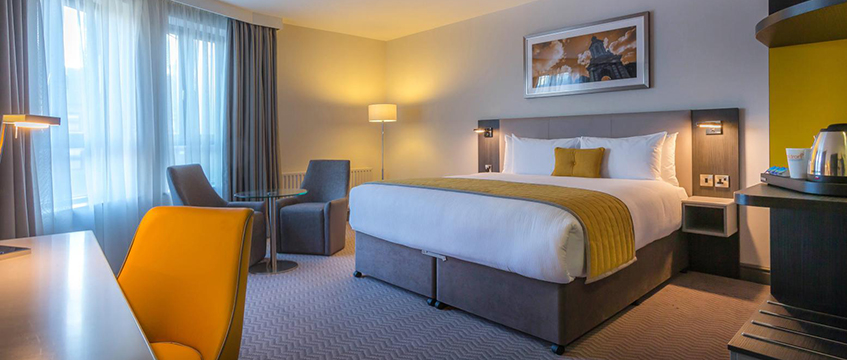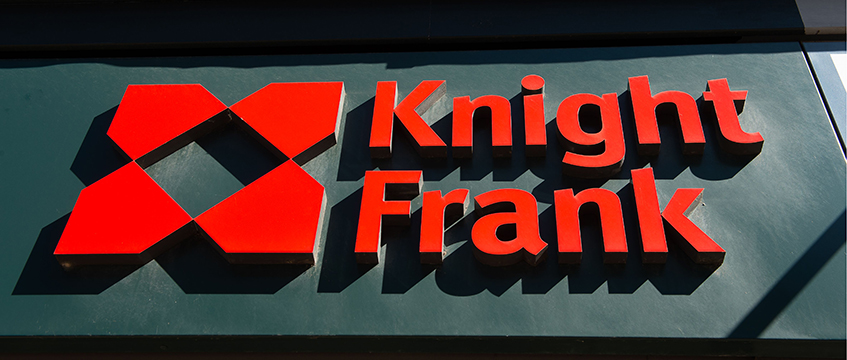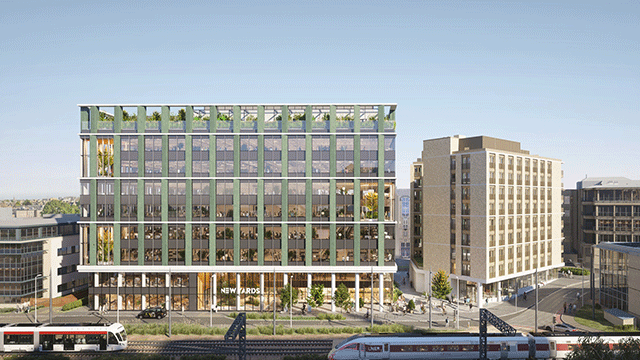As development partnerships go, the one between a sheikh, a city council and a football club is an unusual one.
However, New York real estate lawyer Marty Edelman, the Manchester City football group board member and executive chairman of Manchester Life, who has been instrumental in plans to bring forward around 1,000 homes near Manchester City’s Etihad stadium, doesn’t think it should be.
“Manchester Life [the joint venture between Manchester City’s majority owner Abu Dhabi United Group and Manchester City Council] is a partnership that all cities should have,” he says.
“I think it’s important to recognise that Manchester Life is a different kind of developer because of the way we think about things, but we couldn’t really have done this had Manchester City Council not recognised the need for an ambitious programme and been willing to work with us.”
The partnership is now looking ahead to future phases and considering the potential for a boutique hotel, innovation centres and a different kind of housing on land between Ancoats and the stadium.
“There’s a push both ways because from the stadium side, we’re interested in extending west and from the Manchester Life side, we want to see what happens going east. So you would have a corridor that goes from city centre to Ancoats to the stadium, and goes through whole town,” Edelman says.
“The city is doing something with an innovation group in New Islington that will be announced soon.”
Manchester transformation
Abu Dhabi United Group’s interest in Manchester began when it acquired Manchester City football club in 2008.
Working with the council, the private investment company owned by Sheikh Mansour bin Zayed Al Nahyan (deputy prime minister to the United Arab Emirates), embarked on the development of the Etihad Campus.
READ MORE: Abu Dhabi to create “finest urban sports campus in the world” around Etihad Stadium
This saw the club transform from a largely derelict area into a community and commercial hub that is now home to the City Football Academy, Manchester Institute of Health and Performance, National Indoor BMX centre, National Squash Centre and Manchester Velodrome.
“We always saw our investment in Manchester as having three elements of sustainability. Obviously, success on the pitch, success economically and success as part of a larger community,” Edelman says.
In 2014, a 10-year partnership with the council was agreed with the aim of building more than 6,000 homes and attracting up to £1bn investment. The first phase comprises 1,000 homes, 500 of which will be completed this year.
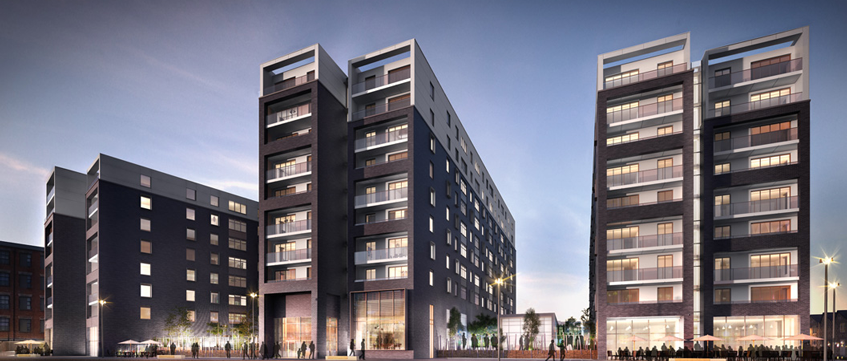
“The city council and Homes England had already acquired a lot of the land during the recession and they had maintained it; so, the fabric of the community existed and when we looked at it, we saw the opportunity to build almost 1,000 units at one time, which was a little bold, even for a real estate developer,” Edelman says.
“We decided we needed to build the entire community at once. Because if we didn’t do that, there would be six or seven years of construction, there would never be a sense of community.”
Manchester Life’s first 320-flat building opened in November, and is more than 80% rented. A further 470 homes are due to complete this year.
What does the future hold?
Three phase two sites have received planning consent, which, if developed, will add 453 homes to Ancoats and New Islington. Phase two is expected to start in 2020.
Is Edelman concerned about the Manchester rental accommodation market becoming overheated?
“Of course we worry about it,” he says. “We actually believe our product is very attractive, our prices are attractive. I think there will be enough market to absorb what we’re doing.
“If you said, ‘are you going to do another 1,000 units next year?’ Maybe not. You have to look at where the market is.”
READ MORE: Manchester’s ‘largest residential land deal’ completes
Although ADUG undertook the risk itself when the partnership started, the group is now undertaking a financing round for some of the build-to-rent scheme government funding.
“In terms of cost it will be around 50%,” Edelman says. “We’re not looking to leverage the properties to take money out. At some point, we might take investors in because it would be a very good investment on their part, but not until we’re really done and we have operating properties.”
Investment appetite
Would ADUG look to form a similar partnership with another local authority in the UK?
“Manchester is our first love and we’re very loyal,” Edelman says. “If another city came with the same flexibility and vision we might look at it, but I don’t think that’s really in our scope today.”
Does he think there is a surge of appetite from Middle Eastern investors looking to invest in UK property?
“I think the wave is there,” he says. “The wave has to find a place to land. London is quite built up, Manchester may get built up, so the real estate community may take a breath.
“I think the investment from the Abu Dhabi sovereigns will continue to be methodical and measured and careful.”
What is Manchester Life?
■ Abu Dhabi United Group and Manchester City Council formed a joint venture in 2014 with the aim of building more than 6,000 homes, attracting up to £1bn investment over 10 years.
■ Abu Dhabi United Group is owned by Sheikh Mansour bin Zayed Al Nahyan, the majority owner of Manchester City Football Club.
■ Manchester Life plans, finances, develops and manages a portfolio of homes designed to support the emergence of east Manchester, near to Manchester City’s Etihad Stadium.
■ Phase one at Ancoats and New Islington will provide more than 1,000 predominantly privately rented homes.
To send feedback, e-mail Louisa.Clarence-Smith@egi.co.uk or tweet @LouisaClarence or @estatesgazette




